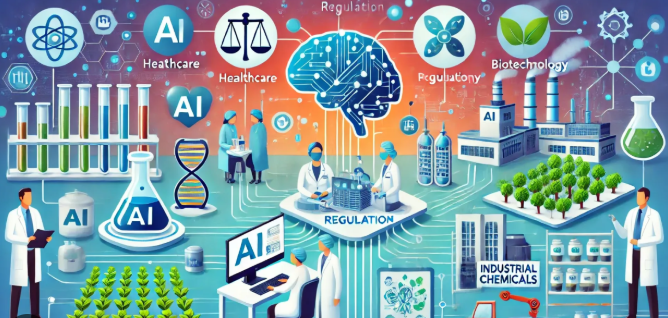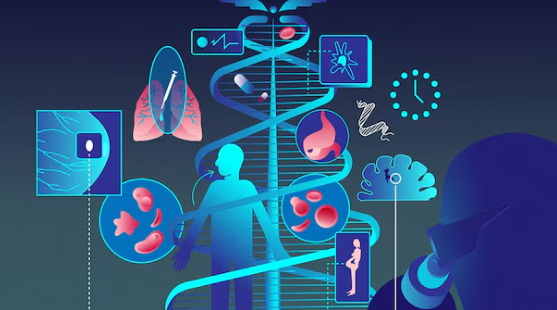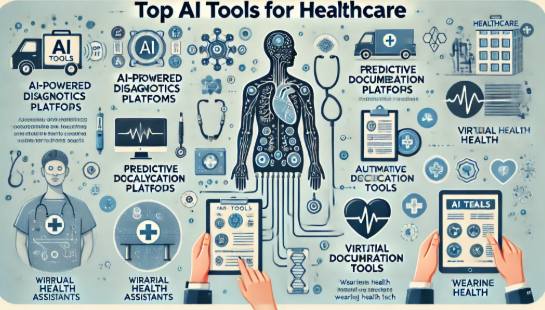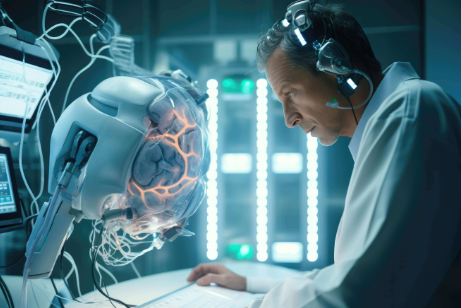Artificial Intelligence (AI) is revolutionizing healthcare, and real-world case studies provide valuable insights into how AI technologies improve patient outcomes, optimize workflows, and accelerate medical research. Below are some compelling examples showcasing AI’s impact across different healthcare domains.
1. Google’s DeepMind and Eye Disease Detection
Google’s DeepMind developed an AI system capable of analyzing retinal scans to detect early signs of eye diseases such as diabetic retinopathy and age-related macular degeneration. In collaboration with Moorfields Eye Hospital in London, the AI demonstrated accuracy comparable to expert ophthalmologists. Early detection enabled timely treatment, preventing vision loss for many patients.
2. IBM Watson for Oncology
IBM Watson for Oncology uses AI to analyze patient medical records and cancer research data to recommend personalized treatment options. In partnership with leading cancer centers, Watson has helped oncologists identify effective therapies faster, improving patient outcomes and supporting evidence-based decisions.
3. Aidoc’s AI for Radiology
Aidoc offers AI-powered software that assists radiologists by flagging urgent abnormalities in medical images like CT scans. The system prioritizes critical cases, helping radiologists reduce turnaround times and improve diagnostic accuracy in emergency departments worldwide.
4. PathAI and Pathology Diagnostics
PathAI uses AI algorithms to assist pathologists in diagnosing diseases from biopsy samples. Their technology improves diagnostic accuracy for conditions like cancer, reducing misdiagnosis and ensuring patients receive appropriate treatments sooner.
5. Zebra Medical Vision for Automated Imaging Analysis
Zebra Medical Vision developed AI tools that automatically analyze medical imaging data to detect conditions such as fractures, liver disease, and lung nodules. These tools have been adopted by healthcare providers globally to improve screening programs and reduce diagnostic delays.
6. Babylon Health’s AI-Powered Virtual Consultations
Babylon Health combines AI chatbots with telemedicine to provide remote consultations and symptom checking. Their AI triages patients and offers health advice, expanding access to healthcare services, especially in underserved regions.
7. BenevolentAI’s Drug Discovery Platform
BenevolentAI uses AI to accelerate drug discovery by analyzing biomedical data to identify new drug candidates. During the COVID-19 pandemic, BenevolentAI contributed to identifying potential treatments faster than conventional methods.
8. Current Health’s Remote Patient Monitoring
Current Health employs AI-enabled wearable devices to monitor patients remotely, tracking vital signs and predicting health deteriorations. This approach reduces hospital readmissions and enables proactive care for chronic disease patients.
Conclusion
These case studies illustrate how AI is already transforming healthcare across diagnostics, treatment, research, and patient engagement. They highlight the practical benefits of AI adoption—from improving accuracy and speed to expanding access and reducing costs. As AI technology evolves, more innovative applications will emerge, shaping the future of healthcare globally.






Leave feedback about this